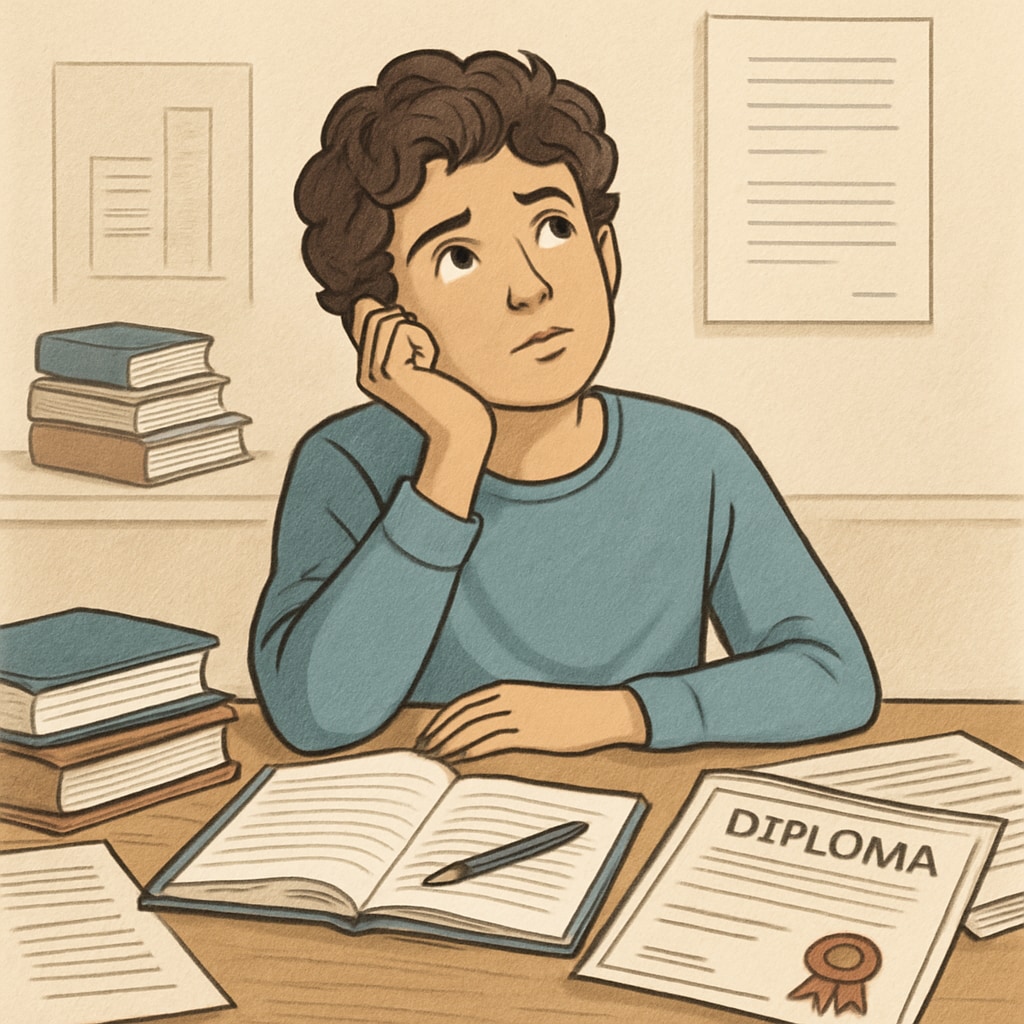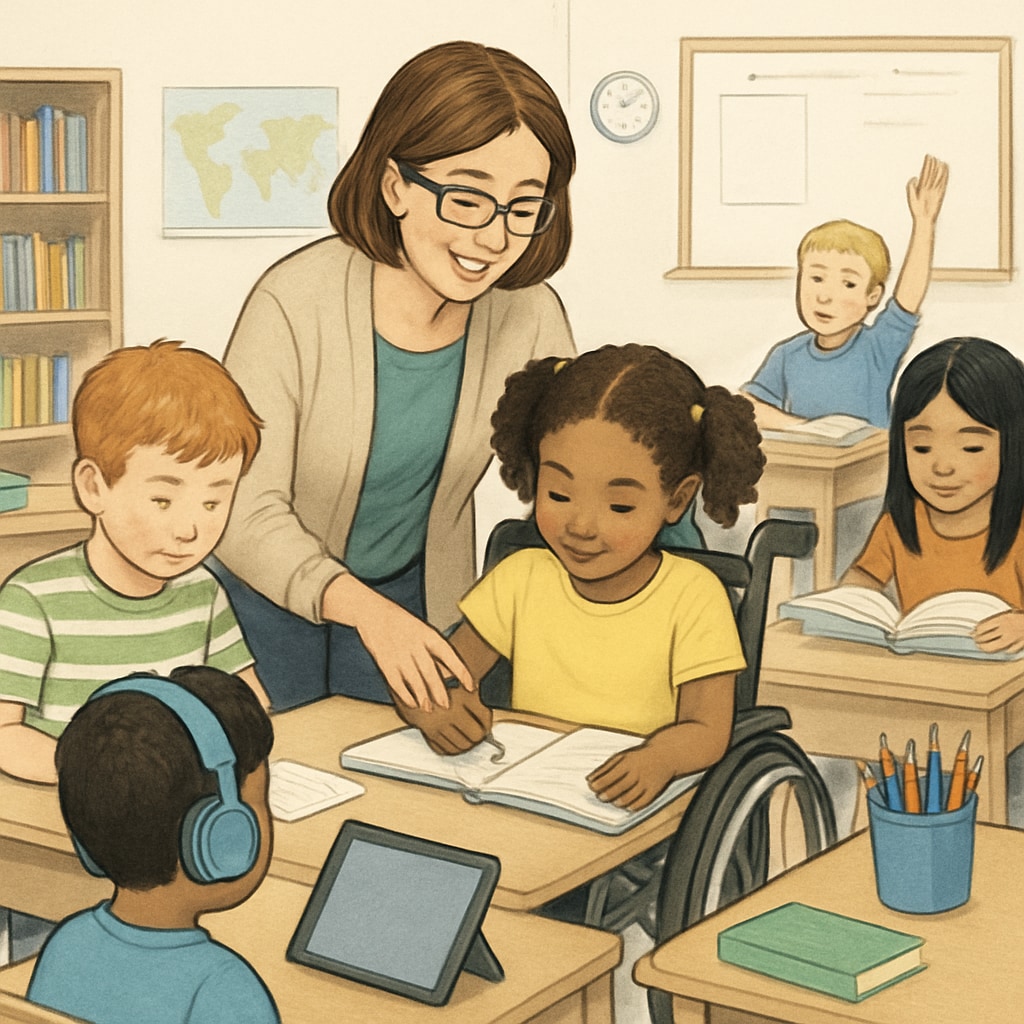Obtaining a modified high school diploma often leaves students grappling with feelings of regret and inadequacy. The stigma surrounding such diplomas can significantly impact their self-esteem and future prospects. For many, the journey toward graduation is fraught with a sense of falling short, compounded by societal perceptions that undervalue non-standard educational achievements. However, this narrative doesn’t have to define one’s life. By understanding the limitations of the current educational system and embracing alternative paths, individuals can rebuild their confidence and chart a new course toward personal and professional growth.
Understanding the Emotional and Social Impact of a Modified Diploma
The term “modified high school diploma” often carries a heavy weight. Students who receive this type of credential may internalize societal biases, feeling as though they failed to meet traditional academic standards. This emotional burden is compounded by the limited understanding and acceptance of modified diplomas in higher education and the job market.
For instance, many employers and colleges prioritize standard diplomas, which can make individuals with modified diplomas feel excluded or undervalued. The implications are not merely professional; they also affect personal identity and self-worth. As a result, students may question their abilities and potential, leading to long-term emotional distress.

Challenging the Education System’s One-Size-Fits-All Approach
One of the primary reasons for regret surrounding modified diplomas lies in the rigid structure of traditional education systems. These systems often fail to account for individual learning styles, life challenges, or alternative measures of intelligence. The standardized model assumes that all students can and should meet the same benchmarks, disregarding the unique circumstances that may necessitate a modified diploma.
For example, students with learning disabilities, health challenges, or personal hardships may require accommodations that the standard diploma pathway cannot provide. Instead of viewing these adjustments as valid responses to individual needs, society often labels them as deficiencies. This perspective highlights the need for a more inclusive and flexible educational framework.
Reforming the system to recognize diverse learning experiences would not only validate students with modified diplomas but also foster a culture of acceptance and growth. As Britannica explains, education should aim to nurture all aspects of human potential, not just academic achievements.

Redefining Success and Embracing Alternative Pathways
While the regrets associated with a modified high school diploma are real, they do not have to be permanent. Students can take proactive steps to redefine their personal and professional trajectories. Here are some practical suggestions:
- Pursue Additional Education: Community colleges, vocational training, and online courses offer opportunities to gain new skills and credentials. These pathways can help bridge the gap between a modified diploma and career aspirations.
- Focus on Strengths: Instead of dwelling on perceived shortcomings, identify areas of strength and passion. Whether it’s creativity, technical skills, or leadership abilities, leveraging these qualities can open doors to new opportunities.
- Seek Mentorship: Connecting with mentors who understand your journey can provide valuable guidance and encouragement. They can also help navigate challenges and explore alternative options.
- Advocate for Change: Sharing personal experiences can raise awareness about the limitations of the current education system and inspire reforms that benefit future generations.
As Wikipedia notes, alternative education models are gaining recognition for their ability to cater to diverse learning needs. By embracing these options, students can find pathways that align with their unique circumstances and aspirations.
Looking Forward: Building a Future Beyond Regret
Regret over a modified diploma is understandable, but it should not overshadow the potential for growth and transformation. The journey to self-acceptance begins with recognizing that a diploma, modified or not, does not define one’s worth or capabilities. By seeking out alternative education opportunities, building on personal strengths, and challenging societal perceptions, individuals can reclaim their narrative and achieve meaningful success.
Ultimately, the goal is to move beyond the labels and limitations imposed by the educational system. With determination and the right resources, anyone can rewrite their story, proving that true success is measured not by a piece of paper, but by resilience, growth, and the courage to forge a new path.
Readability guidance: The article uses concise paragraphs and actionable suggestions to ensure clarity. Transition words like “however,” “therefore,” and “for example” are used to enhance flow. Lists are employed to summarize key points effectively, and passive voice is minimized for a more engaging tone.


